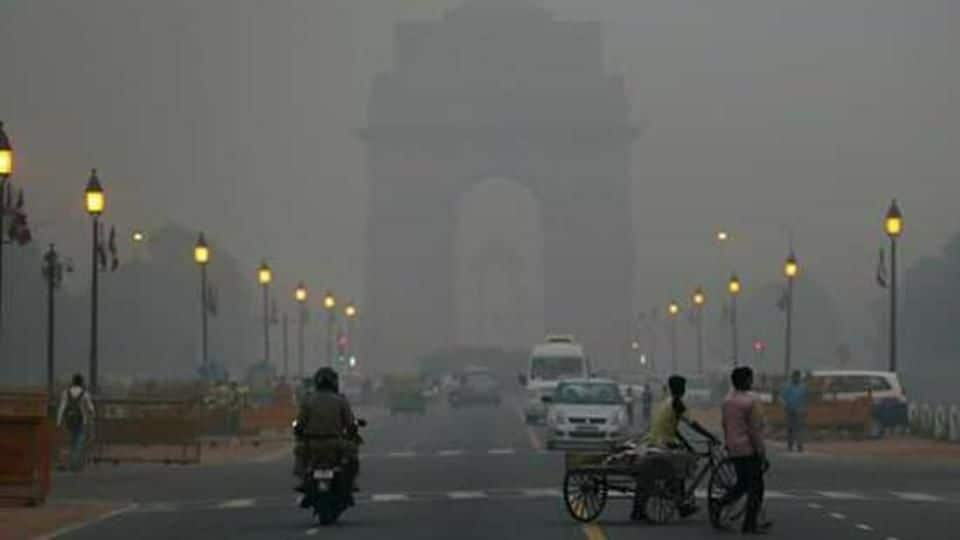
Delhi's air-quality improves; some anti-pollution GRAP measures to be lifted
What's the story
Starting tomorrow, Delhi's Badarpur power plant that's been shut for over four months can start temporary operation, ban on diesel generators will be lifted, and hundreds of brick kilns can resume production.
This comes after so "some visible improvement" was seen in the air quality in Delhi, the Supreme Court-appointed EPCA said.
The EPCA said its action plan category has been changed.
Here's more.
Information
EPCA imposed measures to combat pollution
On 17 October last year, the Environment Pollution Control Authority (EPCA), appointed by the apex court, had imposed the aforementioned measures in Delhi under the Graded Response Action Plan (GRAP) to combat pollution in the city ahead of the winter.
Categories
Very poor, severe measures under GRAP to be lifted
"GRAP category of 'very poor' and 'severe' will be lifted, starting March 1. The category now would be 'moderate to poor' until we (EPCA) further upgrade it," EPCA member Sunita Narain said.
"There is some visible improvement in air quality, but it (is) still a long way to go to achieve a clean air. It is not safe to breathe yet," added Narain.
Information
Very poor and severe categories under GRAP
Under the GRAP, measures under "very poor" and "severe" categories are rolled out when levels of PM2.5 are between 121-250 micrograms per cubic meter (g/m3) and above 250 g/m3, respectively. PM10 levels have to be between 351-430 g/m3 and above 430 g/m3, respectively.
Details
Badarpur plant to be permanently shut down later
Sunita Narain and EPCA chairman Bhure Lal released a "Report Card on Delhi's Air Pollution" and enunciated the measures to be taken by the EPCA from March.
Narain is also the Director General of the Centre for Science and Environment (CSE).
However, the Badarpur plant in south Delhi would be "permanently closed" from July this year, the EPCA said.
Information
Measures implemented in Delhi under GRAP
Since Oct'17, Badarpur power plant has been shut, diesel generators banned, and hundreds of brick kilns ordered to stop production in Delhi under the GRAP. Only those brick kilns, which have implemented the zigzag technology that helps reduce black carbon emission, were allowed to function.
Air Quality
Clean Air Campaign's impact on Delhi's air quality
Asked if the recent "Clean Air Campaign", jointly organized by the Environment Ministry and the Delhi Government, had any impact on the air quality in the city, Narain said, "Let's no talk about taking credit. It is a result of combined action by all people."
The Air Quality Index in Delhi stood at 259, which is "poor", as of evening on 28 Feb'18.
Quote
Brick kiln owners submit affidavits to EPCA
"About 1,400 brick kiln owners have submitted affidavits to EPCA undertaking commitment to shift to improved-zigzag kiln technology by April 2018. Roughly, 600 have converted. By 1 July 2018, only zigzag technology-compliant kilns will be allowed to operate," Narain said.